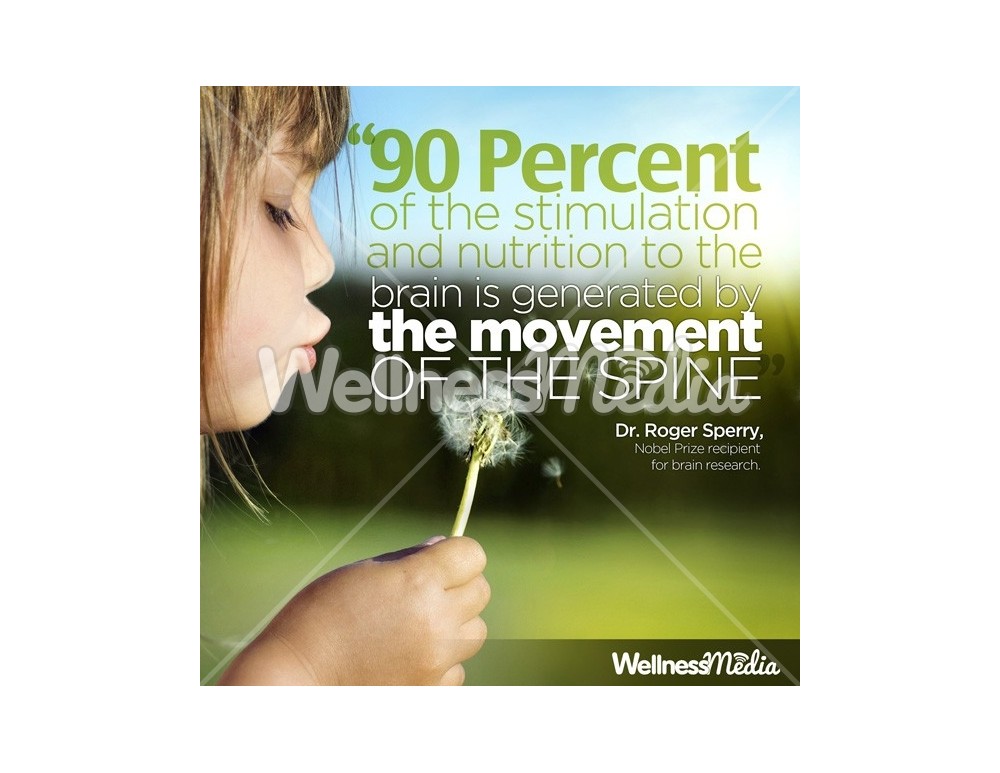Nutrition'S Impact On Back Pain Alleviation: Dietary Choices To Embrace And Those To Stay Away From
Nutrition'S Impact On Back Pain Alleviation: Dietary Choices To Embrace And Those To Stay Away From
Blog Article
Writer-Mcclure Jordan
When it involves handling your pain in the back, the food choices you make can significantly influence how you really feel on a daily basis. Visualize being lower back pain out of nowhere to relieve your pain just by adjusting what you consume. By recognizing just click the next post of nutrition in neck and back pain monitoring and understanding which foods to include or steer clear of, you can take positive actions towards a healthier and a lot more comfortable way of life. The connection between nutrition and back wellness is a lot more extensive than you may understand-- let's discover how certain foods can either soothe or exacerbate your neck and back pain.
Relevance of Nourishment in Back Pain
Nourishment plays an important role in taking care of back pain. Your diet plan can dramatically affect swelling levels and total discomfort degrees in your back. Consuming a balanced diet regimen abundant in nutrients like vitamins D and K, calcium, magnesium, and omega-3 fatty acids can help in reducing inflammation and reinforce bones, which are important for back health and wellness.
Furthermore, keeping a healthy and balanced weight via correct nourishment can relieve anxiety on your spine, lowering the threat of back pain.
Additionally, specific nutrients like antioxidants located in fruits and vegetables can assist combat oxidative stress and promote healing in the body, consisting of the back muscular tissues and back.
On the other hand, eating too much amounts of processed foods, sugary beverages, and unhealthy fats can contribute to inflammation and weight gain, intensifying back pain.
Foods to Eat for Back Health And Wellness
To support a healthy and balanced back, incorporating nutrient-rich foods into your daily dishes is vital. Including foods high in anti-oxidants like berries, spinach, and kale can help in reducing swelling in your back, alleviating discomfort and discomfort. Omega-3 fatty acids found in fatty fish such as salmon and mackerel have anti-inflammatory residential properties that can benefit your back health.
Furthermore, eating nuts and seeds like almonds, walnuts, and chia seeds provides vital nutrients like magnesium and vitamin E, which support muscular tissue feature and lower oxidative anxiety. Including lean healthy proteins such as hen, turkey, and tofu can aid in muscle repair and upkeep, promoting a solid back.
Do not forget to include milk or fortified plant-based options for calcium to support bone wellness. Last but not least, moisten with plenty of water to keep your back discs moisturized and functioning optimally. By including these nutrient-dense foods in your diet plan, you can nourish your back and support overall spine health and wellness.
Foods to Avoid for Neck And Back Pain
Select avoiding processed foods high in added sugars and trans fats when looking for relief from pain in the back. These types of foods can contribute to swelling in the body, which might worsen back pain. Say no to Read the Full Guide , breads, and sweet beverages, along with fast food items like burgers, fries, and fried poultry that are commonly loaded with trans fats.
Additionally, stay away from foods including high levels of polished carbohydrates, such as white bread, pasta, and breads, as they can spike blood sugar level degrees and possibly get worse inflammation in the body.
It's also important to restrict your intake of foods high in hydrogenated fats, like red meat and full-fat milk products, as they can contribute to swelling. Processed foods like delicatessens meats, chips, and packaged treats are commonly high in saturated fats and should be consumed in moderation.
Verdict
To conclude, paying attention to your diet and making wise food options can have a considerable influence on managing pain in the back. By incorporating nutrient-rich foods like berries, fatty fish, nuts, and lean healthy proteins, and avoiding refined and sugary items, you can help in reducing swelling and assistance overall back health. lower back pain treatments in mind, what you consume plays an important role in how you really feel, so see to it to prioritize your nutrition for a healthier back.
